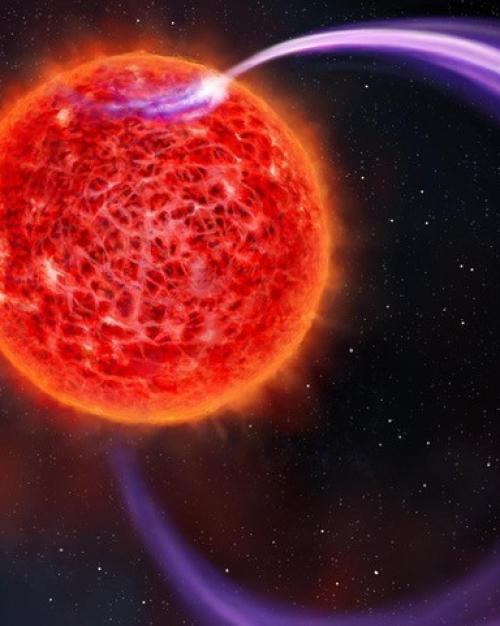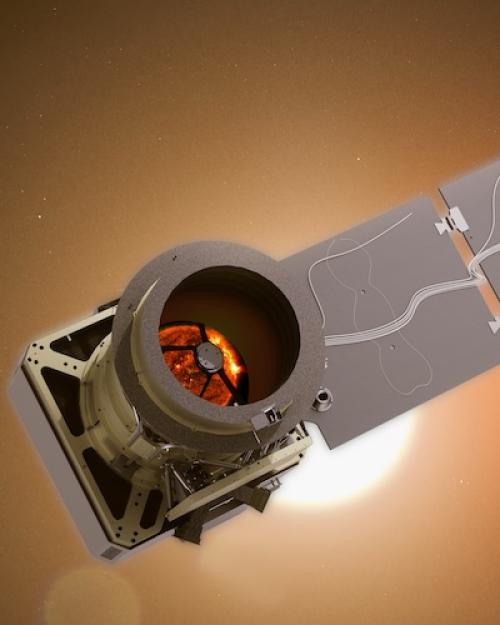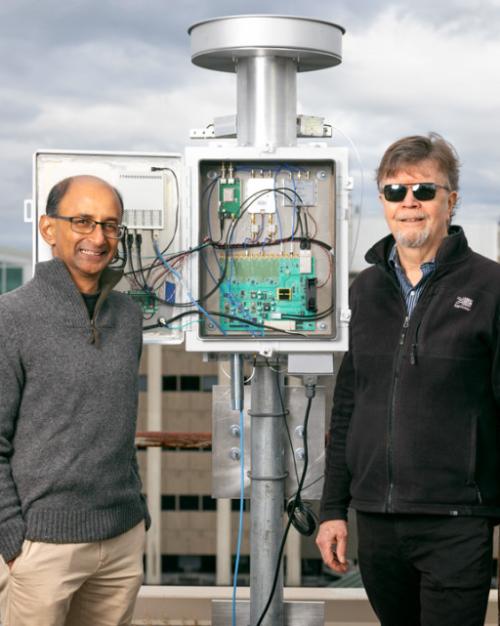Low-eccentricity formation of ultra-short period planets in multi-planet systems by B. Pu and CSI member Dong Lai; email: dong@astro.cornell.edu
Recent studies suggest that ultra-short period planets (USPs), Earth-sized planets with sub-day periods, constitute a statistically distinct sub-sample of Kepler planets: USPs have smaller radii (1−1.4R⊕) and larger mutual inclinations with neighboring planets than nominal {\it Kepler} planets, and their period distribution is steeper than longer-period planets. We study a "low-eccentricity" migration scenario for the formation of USPs, in which a low-mass planet with initial period of a few days maintains a small but finite eccentricity due to secular forcings from exterior companion planets, and experiences orbital decay due to tidal dissipation. USP formation in this scenario requires that the initial multi-planet system have modest eccentricities (≳0.1) or angular momentum deficit. During the orbital decay of the inner-most planet, the system can encounter several apsidal and nodal precession resonances that significantly enhance eccentricity excitation and increase the mutual inclination between the inner planets. We develop an approximate method based on eccentricity and inclination eigenmodes to efficiently evolve a large number of multi-planet systems over Gyr timescales in the presence of rapid (as short as ∼100~years) secular planet-planet interactions and other short-range forces. Through a population synthesis calculation, we demonstrate that the "low-e migration" mechanism can naturally produce USPs from the large population of Kepler multis under a variety of conditions, with little fine tuning of parameters. This mechanism favors smaller inner planets with more massive and eccentric companion planets, and the resulting USPs have properties that are consistent with observations.
![]() Dong Lai (Astro)
Dong Lai (Astro)





